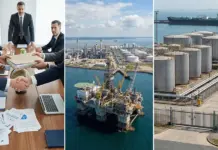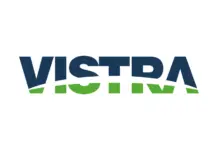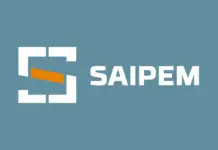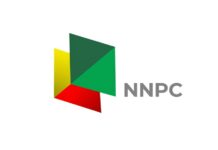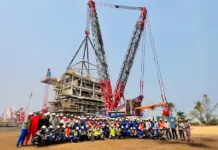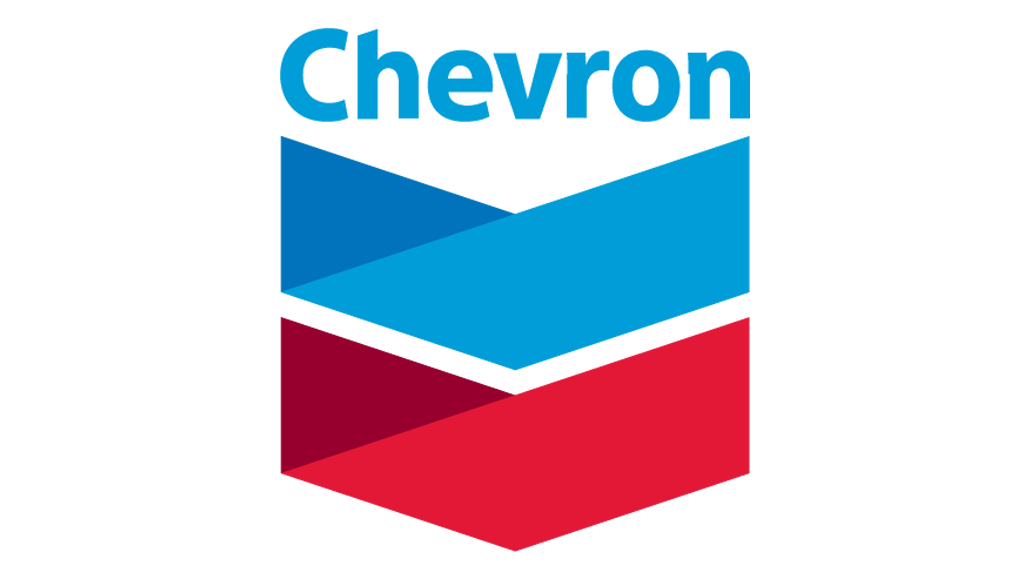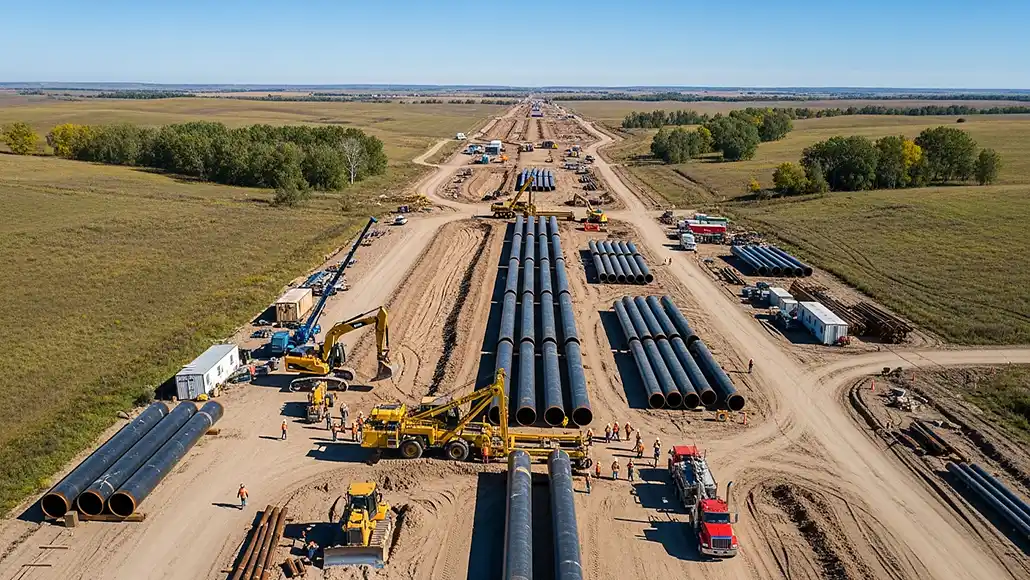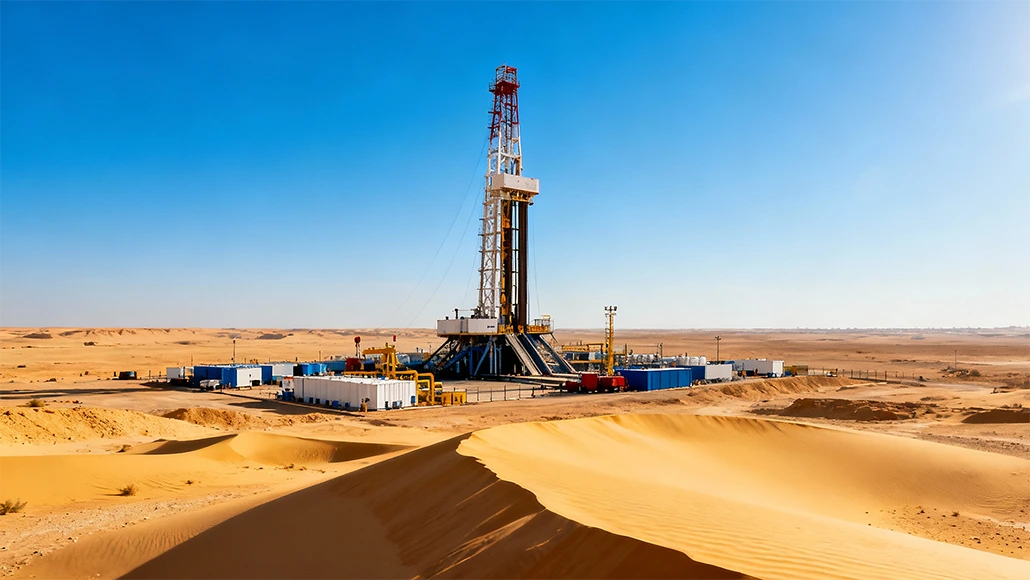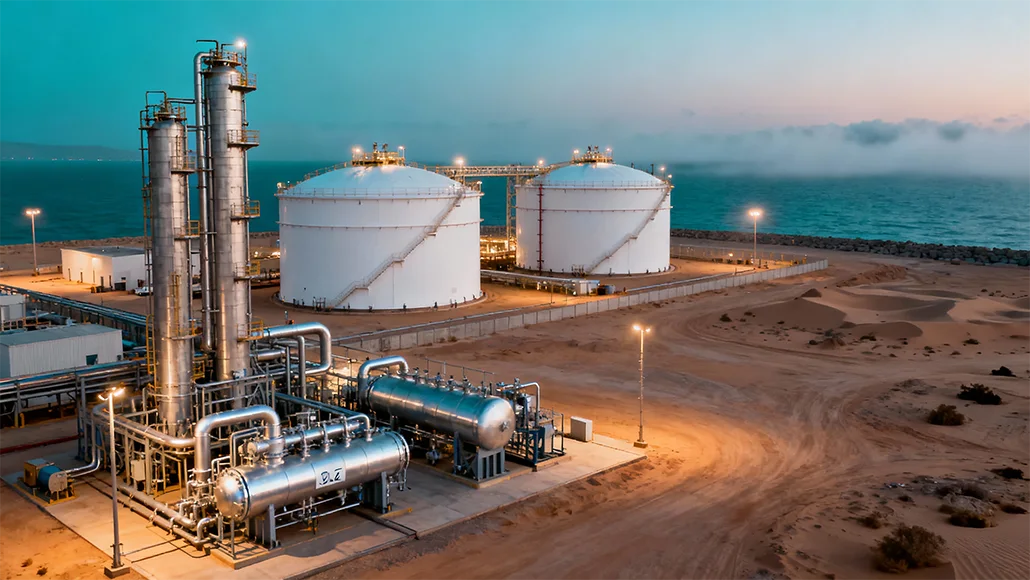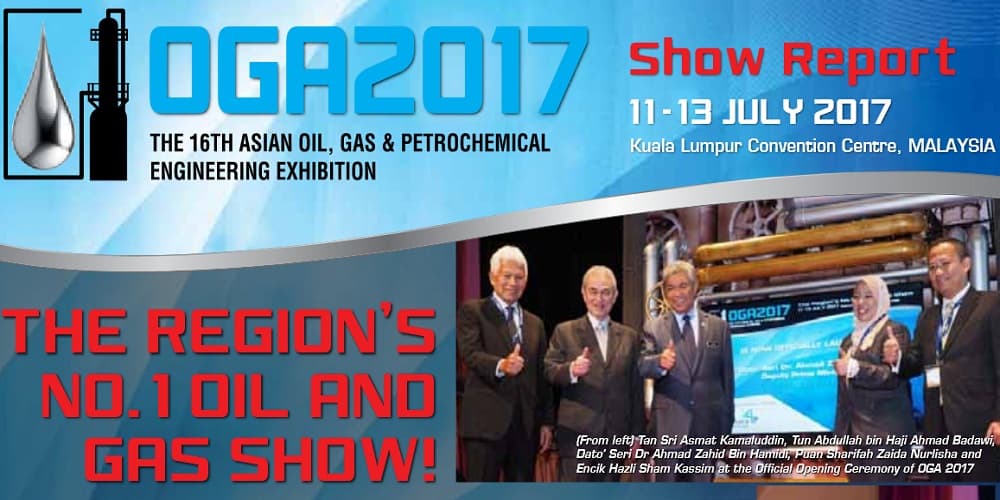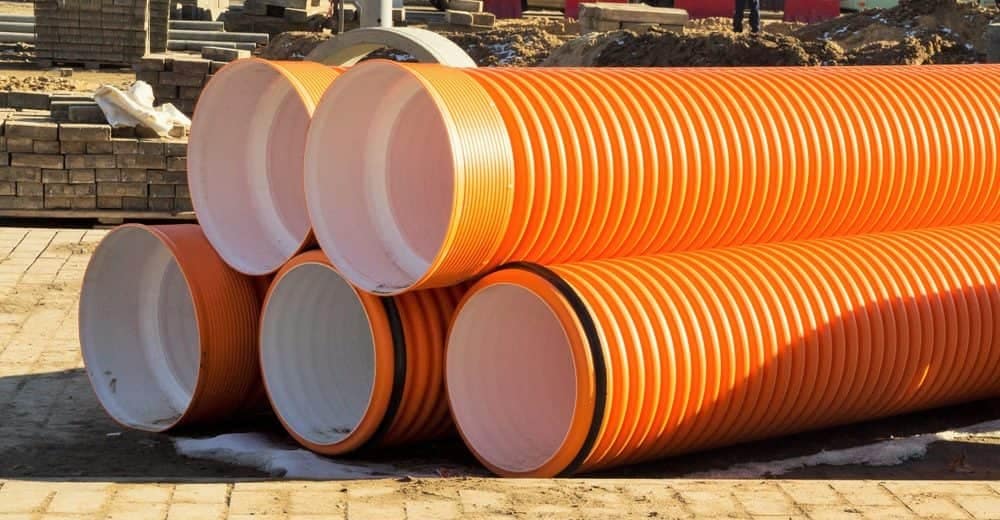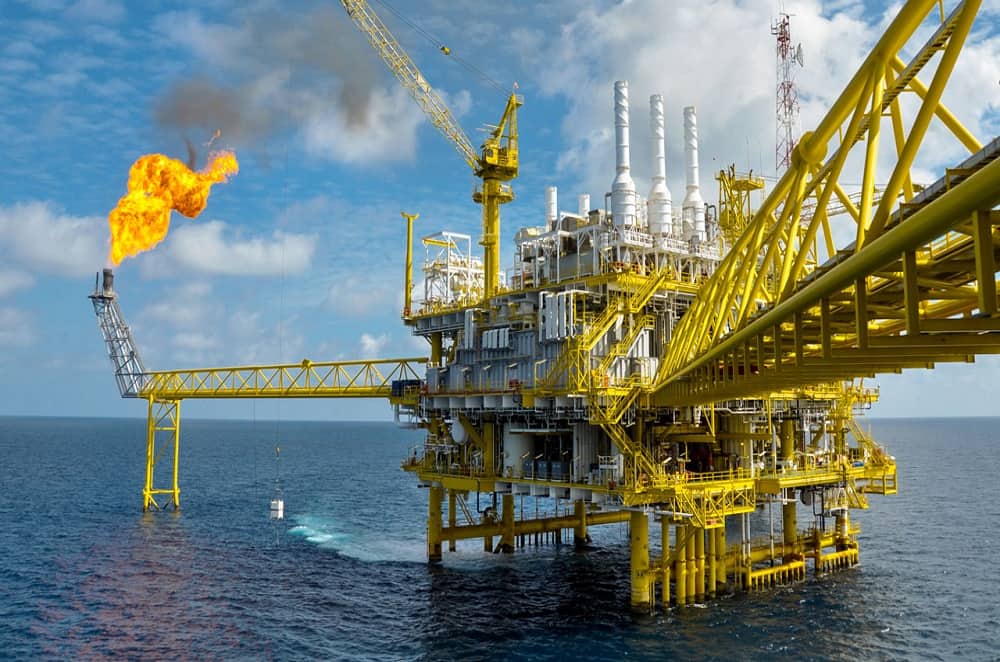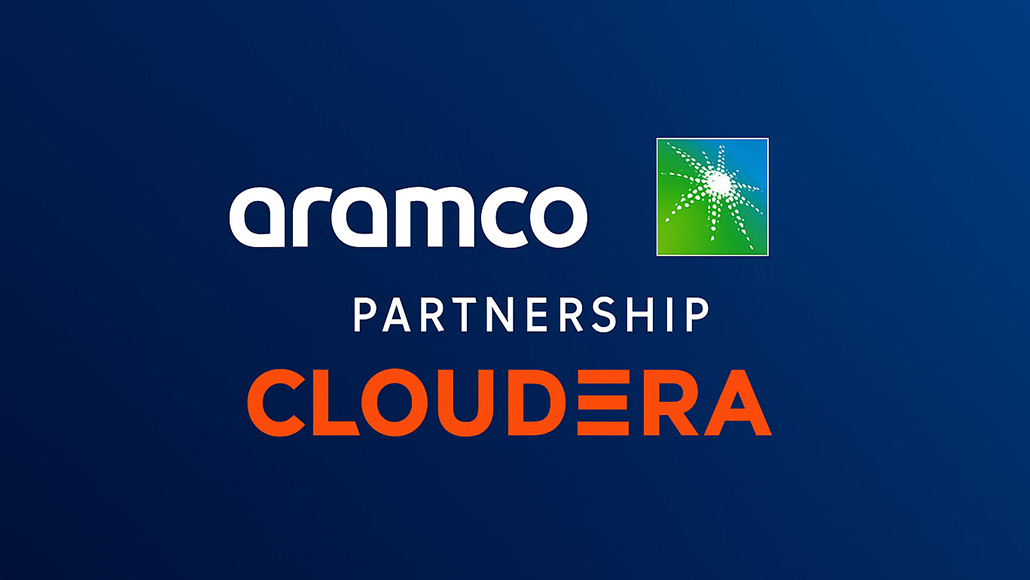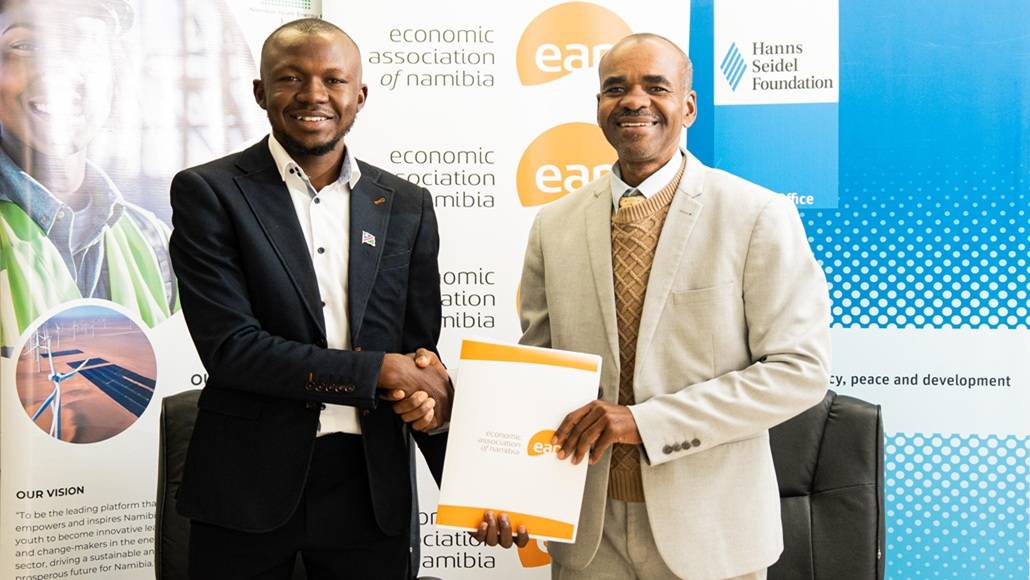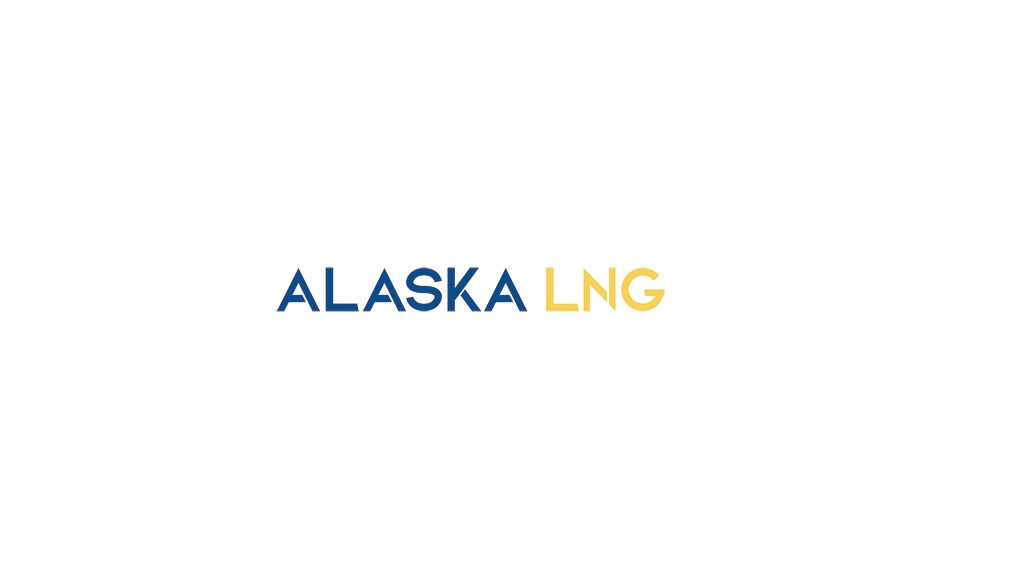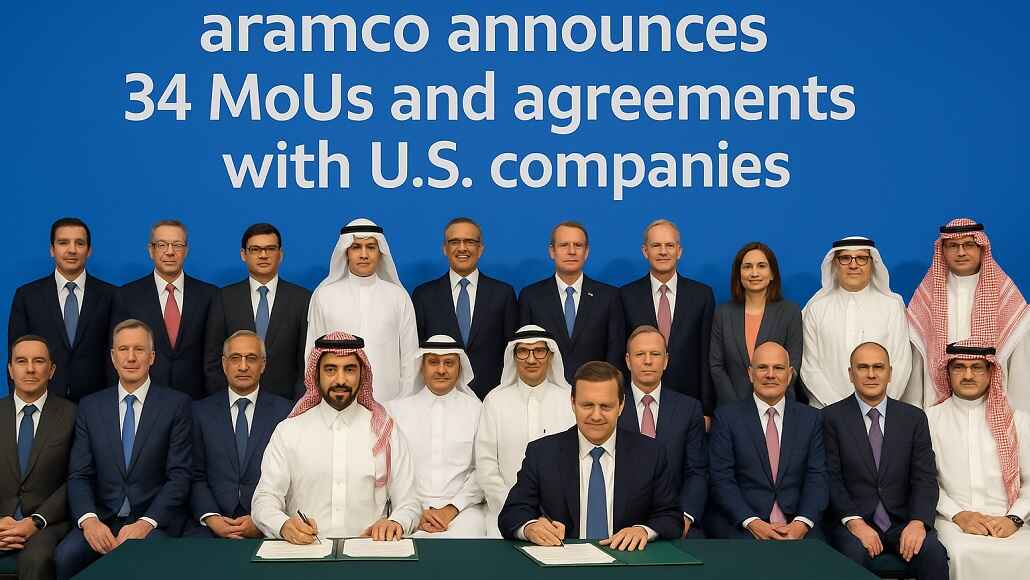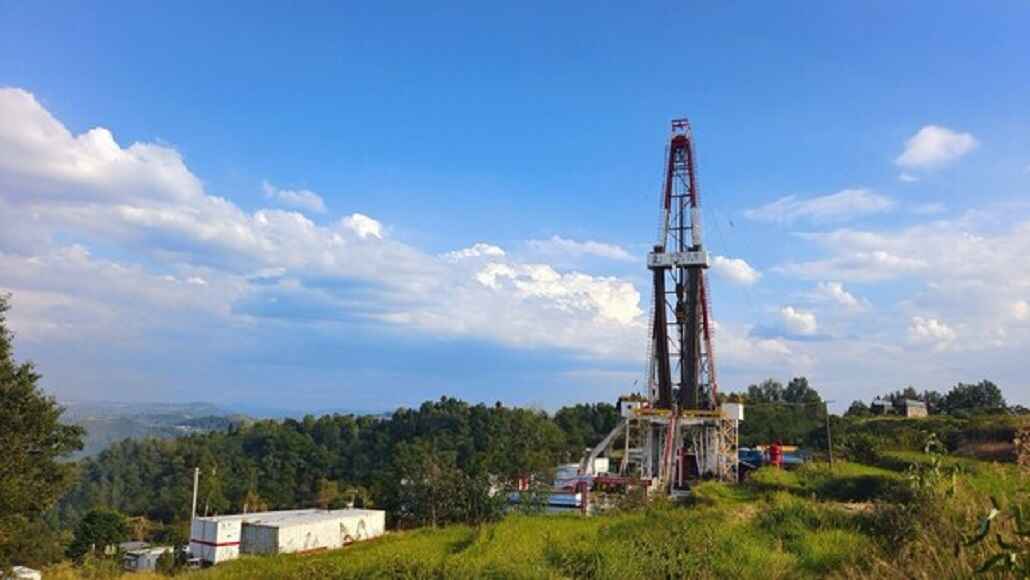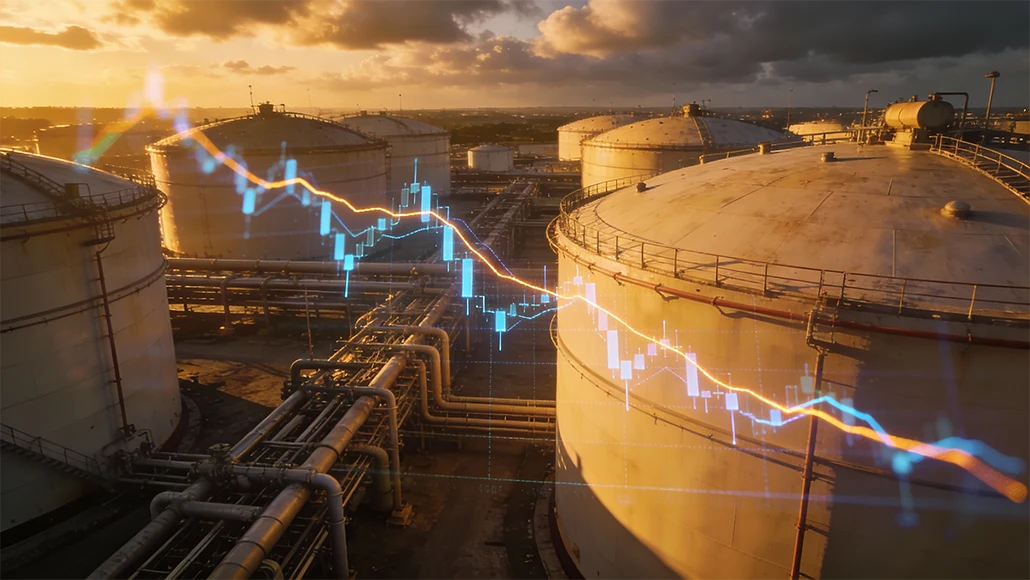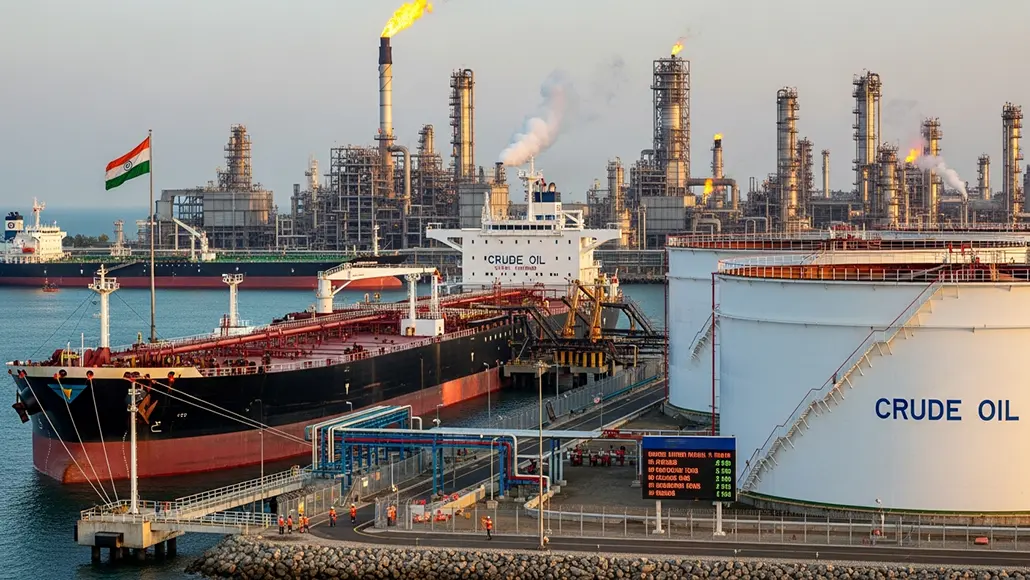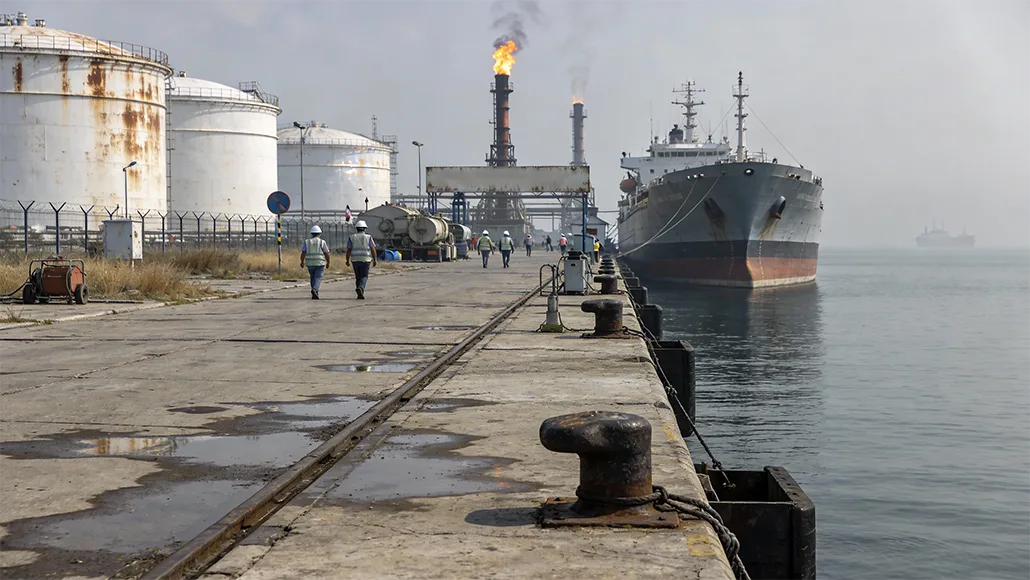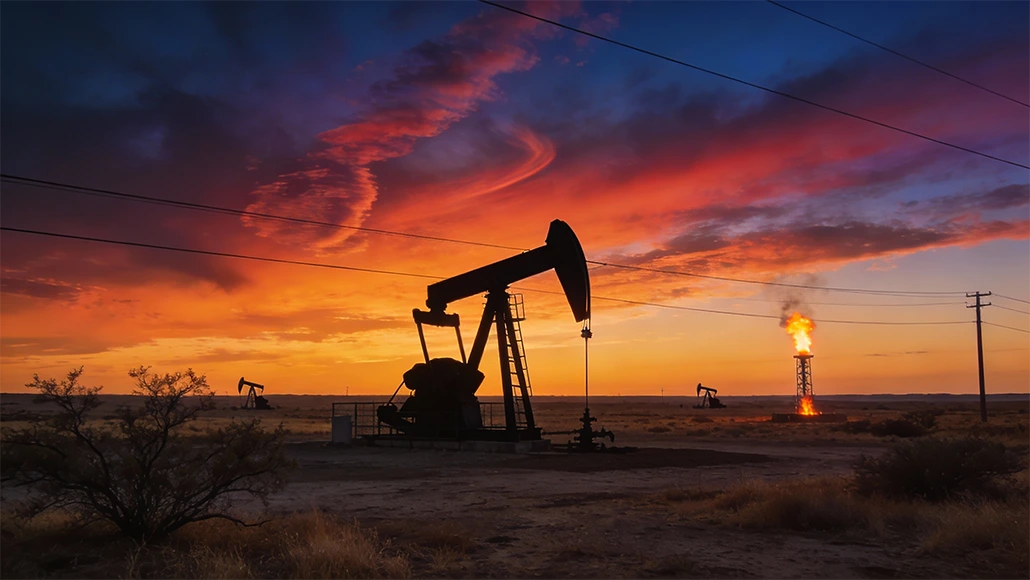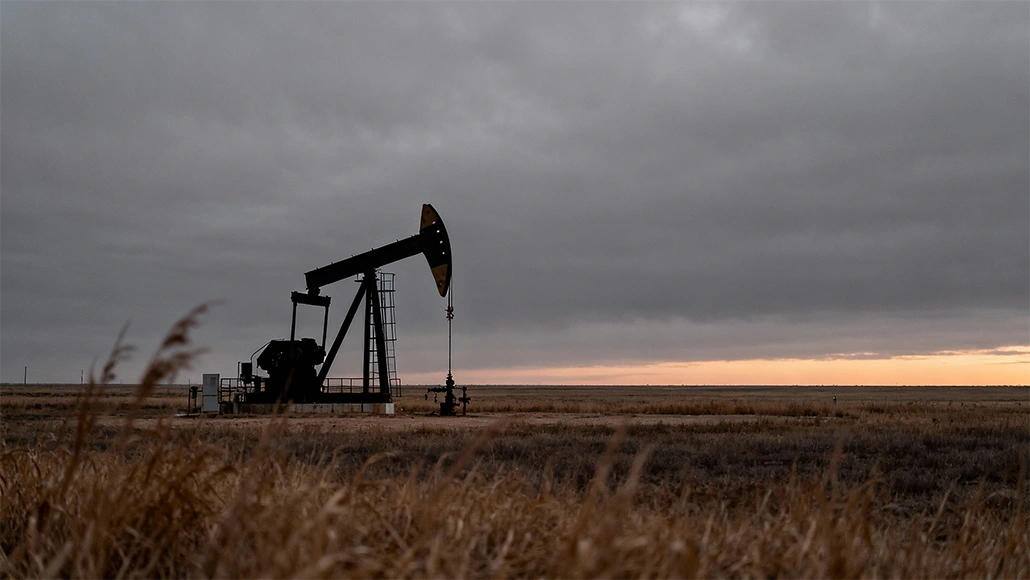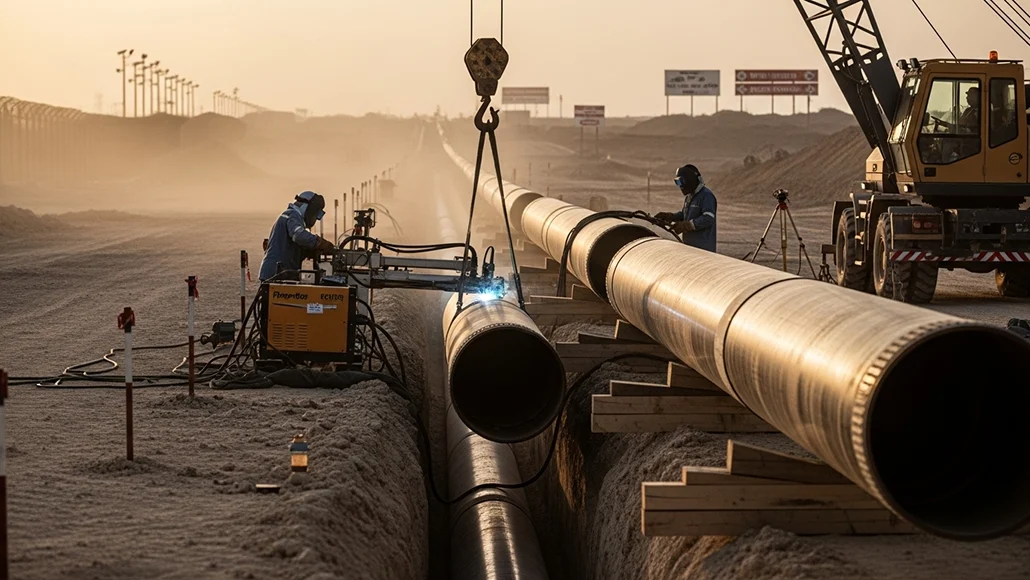Chevron Corp. has gone ahead and signed a deal with Israel Natural Gas Lines, which happens to be the state-owned pipeline operator of Israel, in order to begin the construction of the Nitzana natural gas pipeline, which will transport natural gas from the giant Leviathan Gas Field to Egypt. Scheduled to be over in three years, the $610 million pipeline is anticipated to ease the ongoing energy crisis in Egypt, which at present spends billions of dollars per year importing liquefied natural gas (LNG) so as to meet the growing domestic energy demand. There is already a commitment by Egypt to build a gas pipeline with an investment of $400 million.
It is well to be noted that the Nitzana pipeline is going to transport ~600 million cubic feet of natural gas every day, therefore bringing the total export capacity from Israel to Egypt to over 2.2 billion cubic feet per day. NewMed from Israel happens to be the largest shareholder in Leviathan, having 45.3% working interest, whereas Chevron is the operator with 39.7% working interest, while Ratio Energies happens to have 15%. Notably, founded in 1992, Ratio Energy is one of the leading energy partnerships from Israel, having a mission to develop as well as produce natural gas and oil.
The natural gas production in Egypt has declined pretty fast in the last few years because of the natural depletion of certain mature fields, which includes the likes of the Zohr gas field. Teamed with a dearth of significant new discoveries since 2015 and the rising domestic demand for electricity, as well as past financial issues like hard currency shortages and payment arrears to certain foreign companies, Egypt now happens to find itself in a tenuous position, becoming a net gas importer since the last 3 years and depending on imported Liquefied Natural Gas (LNG) and also pipeline gas from Israel. Apparently, in 2024, Egypt went on to import a record 981 million cubic feet every day of natural gas from Israel, which was a good 18.2% YoY increase. Interestingly, Egypt imports almost 20% of its gas from Israel. In August 2025, Mostafa Madbouly, the Egyptian prime minister, announced that the $35 billion gas supply agreement that had been signed with NewMed Energy from Israel was extended till 2040. However, the fate of these gas flows now hangs in balance as the tensions in the Middle East keep rising after the Israeli military ordered the Gaza residents to evacuate.
It was only in August 2024 that Netanyahu went ahead and declared that he was indeed deeply committed towards a vision of Greater Israel that encompasses parts of Arab countries right from the Euphrates to the Nile. As per Israel Hayom, Netanyahu has also instructed officials to not go ahead with the phenomenal gas deal with Egypt without taking his personal approval. Apart from this, Energean, the London-based group, has also secured $4bn in contracts for new Israeli gas offtakes.
When it comes to its part, Chevron is now moving forward on three major geopolitical fronts all at once – finalizing terms as far as the Nitzana natural gas pipeline to ship the Israeli gas into Egypt is concerned, bidding in terms of offshore blocks near Crete, which, as per Libya, is its own, and getting ready a final investment decision (FID) pertaining to the Leviathan expansion. All put together, the move happens to put the U.S. major at the center when it comes to the most combustible mix of energy ambition as well as maritime dispute of East Mediterranean.
Apparently, Chevron has gone on to partner along with HelleniQ Energy from Greece so as to bid for exploration rights within the offshore blocks, which are based at the south of Crete and the Peloponnese. Athens happens to view this development as a prominent step forward towards imposing its sovereignty through the contested waters. Waters that are to the south of Crete and the Peloponnese are contested because of a 2019 maritime agreement between Turkey & Libya, which happens to ignore the Exclusive Economic Zone (EEZ) claims of Greece and is seen as a response to potential hydrocarbon reserves within the area. According to Greece, these areas happen to be based on international law, whereas Turkey, on the other hand, disputes that islands such as Crete can go on to generate EEZs and also views the situation to be a geopolitical power struggle. It is well to be noted that even Libya happens to claim a significant portion of the area, therefore aligning with the position of Turkey.
On the other hand, there are observers who are awaiting the final investment decision – FID from Chevron pertaining to the Leviathan expansion in the middle of security concerns. But Chevron, as well as its partners, NewMed Energy and Ratio Energies, are now anticipating taking the FID on the Leviathan Phase 1B expansion, which happens to include subsea systems, drilling, and also a potential floating liquefied natural gas (FLNG) facility, in the fourth quarter of 2025. This sort of expansion is projected to quite prominently grow the annual production capacity of the field and happens to be supported by a recent historic gas export deal, which was a revised development plan that was approved by Israel in August 2025, along with the ongoing contract negotiations with certain potential customers.
It is well to be noted that the Leviathan, which was discovered in 2010, happens to be located almost 130 km off the shores of Haifa. Apparently, the 330-square-kilometer field goes on to hold ~22.9 trillion cubic feet of recoverable gas, therefore making it the largest natural gas reservoir located in the Mediterranean and, as a matter of fact, one of the largest producing assets within the region. Its production happens to be facilitated through 4 subsea wells, which are connected to an offshore platform through a subsea manifold as well as a couple of 120 km long pipelines, where all the processing of gas happens to take place. The gas thereafter is piped to shore within the Israeli national grid and gets distributed to clients based out of Israel and Egypt as well as Jordan.


